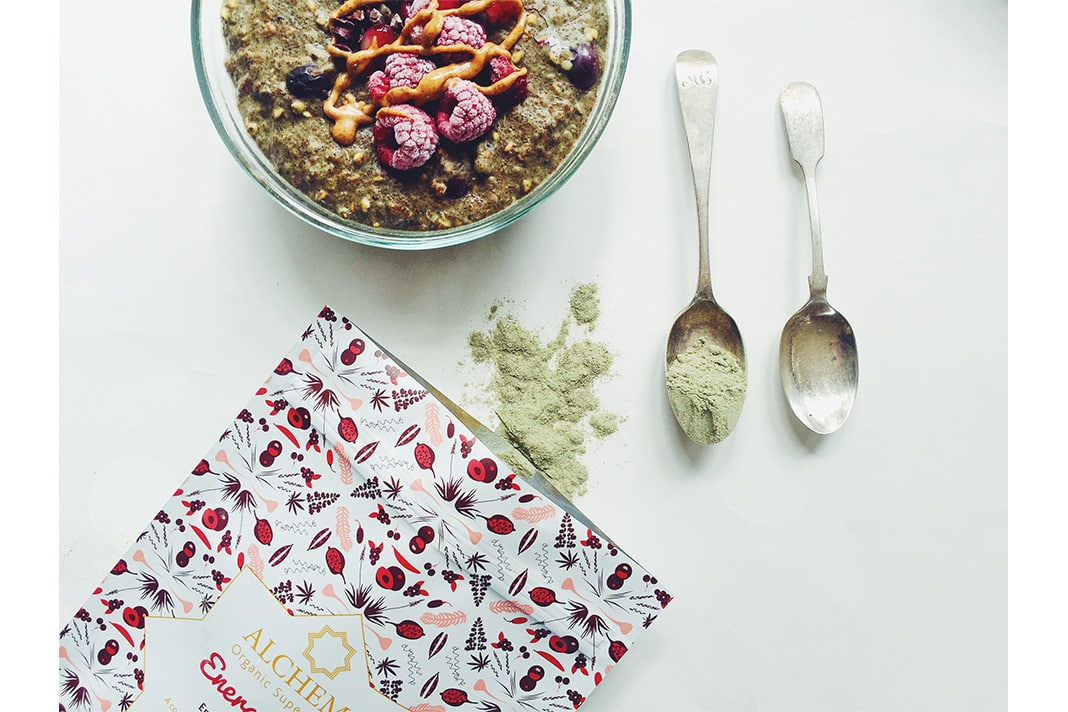At birth, a baby’s brain weighs a mere 450g – yet it needs vast amounts of energy to thrive. Karen Newby advises on foods to fuel growing minds
1
Eat healthy fats, such as omega 3 and 6. Omega 3 fat DHA plays a key role in development in early years. It’s important for mental performance and aids in the growth of your developing baby’s brain and nervous system. It’s also produced in breast milk. Four specific kinds of fat (AA, DHA, EPA and DGLA) make up 20% of the brain – if breastfeeding, you should continue to eat oily fish (trout, salmon, sardines and mackerel – stay away from tuna).
2
Keeping the gut healthy is key to supporting brain function. Incorporate lots of gentle, plant-based fibre into your child’s diet, and be careful not to fill little tummies with bread, which is high in gluten (can be hard to digest) and low in nutrients.

3
Boost children’s antioxidants, especially if they live in a city. Plenty of brightly coloured fruits and vegetables encourage the trial of different tastes and colours. Phytonutrients help plants to fend off bacteria and fungi – and help our little ones too!
4
Up their protein, to support growth but also the development of neurotransmitters, the chemical messengers of the brain. Protein also gives kids a drip-feed of energy, which reduces blood-sugar lows linked to bouts of irritability and lapses in concentration.
5
Avoid too much sugar and damaged fats – these are not a friend to the brain at any age. Always read the label if buying pre-made weaning foods to see what the sugar content is. Even savoury baby food can be laced with hidden sugar! The current recommended daily allowance for four- to six-year-olds is 19g – that’s five sugar cubes. Dried fruit gives a big sugar hit – they are easy to over-consume – so avoid where possible.
Visit the Alchemy Organic Super Blend website, or follow them on instagram.






COMMENTS ARE OFF THIS POST